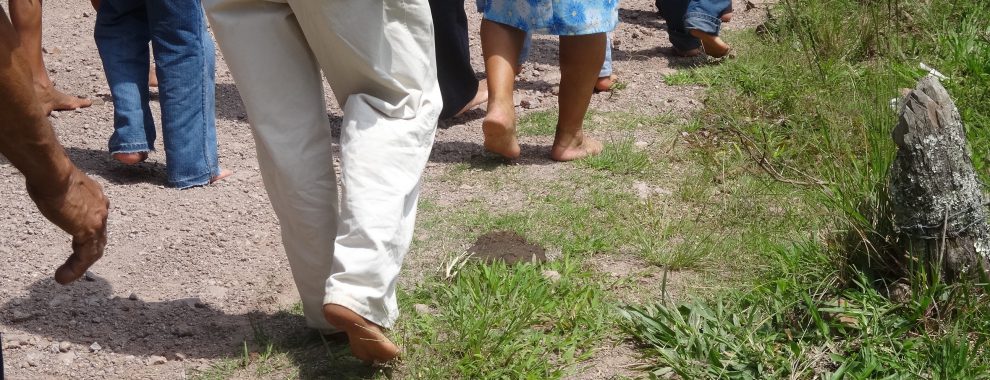Today is the feast of St. John, Apostle and Evangelist.
A tradition, related by St. Jerome, tells us that St. John in his old age had to be carried into the assembly and always had the same message: “My little children, love one another.” When asked why he always used the same words, he replied, “Because it is the word of the Lord, and if you keep it, you do enough.”
But love is not easy; it is, as Dostoevsky wrote (and Dorothy Day used to quote), “a harsh and dreadful thing, compared to love in dreams.”
Love can be costly, even to the point of giving one’s life. For her love, Blessed Sara Salkahazi, SSS, Sister of Social Service was killed by Nazis in Budapest, Hungary, for hiding Jews, on December 27, 1944.
As she once wrote:
“It is not dynamite, chemical acid, or bombs that destroy and kill, but the spirit of hatred directing them. Hatred causes bereavement and pain. Love wipes tears. We want love! We want to create structures based on justice! Let is take a look at the terrible effects of injustice in the life of the world!… It attacks countries and sets up barriers… It instigates races to rebel against one another! On the other hand, justice acknowledges the right to life of other countries and demolishes the barriers that separate people. It identifies the characteristics of various races as God’s different ideas.”




